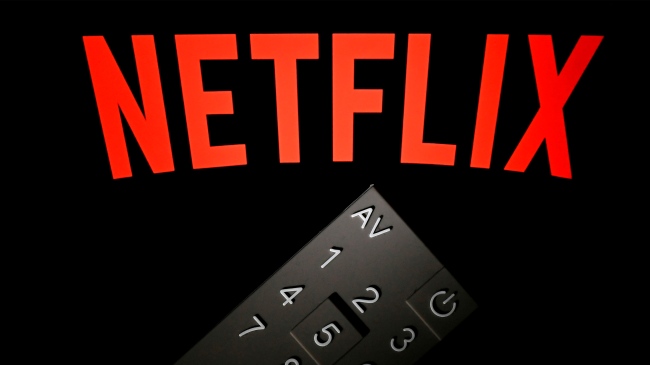Getty Image
It’s been more than 25 years since Netflix set out on its wildly successful quest to take on Blockbuster to a point where it put the brick-and-mortar rental chain out of business, which ultimately led to the mail-order DVD company ushering in a new era of media consumption with its equally game-changing streaming platform.
Unfortunately, its once-impressive online catalog has slowly but surely lost much of its luster thanks to the Streaming Wars that have forced Netflix to scramble to stay profitable and continue to stand out in an impossibly crowded marketplace.
That squeeze led to the company laying off hundreds of employees in 2022 as it began to explore ways to reduce its spending and increase revenue. That includes its decision to launch an ad-supported tier (which has failed to live up to expectations) as well as a dreaded (but seemingly inevitable) crackdown on password-sharing.
That second development was somewhat surprising when you consider Netflix had traditionally turned a blind eye to users who relied on a family member, ex, or former roommate to access its catalog (it even encouraged the practice in a tweet that was posted in 2017).
Love is sharing a password.
— Netflix (@netflix) March 10, 2017
Unfortunately, it appeared the good times were officially on the verge of coming to an end when its fairly aggressive plan to incentivize more people to pay for their own accounts surfaced online earlier this week.
That new approach would require users to log into their designated “home” WiFi network every 31 days in order to avoid having their account deactivated, which isn’t necessarily a huge deal but still didn’t slt well with plenty of customers.
However, it didn’t take Netflix very long to start doing some damage control. According to Streamable, a spokesperson claims the new rules were erroneously posted and only apply to certain countries outside of the United States, saying:
“For a brief time yesterday, a help center article containing information that is only applicable to Chile, Costa Rica, and Peru, went live in other countries. We have since updated it.”
It seems very likely Americans will still be subjected to some password-related measures at some point in the near future, but at least freeloaders can breathe a bit easier for now.

